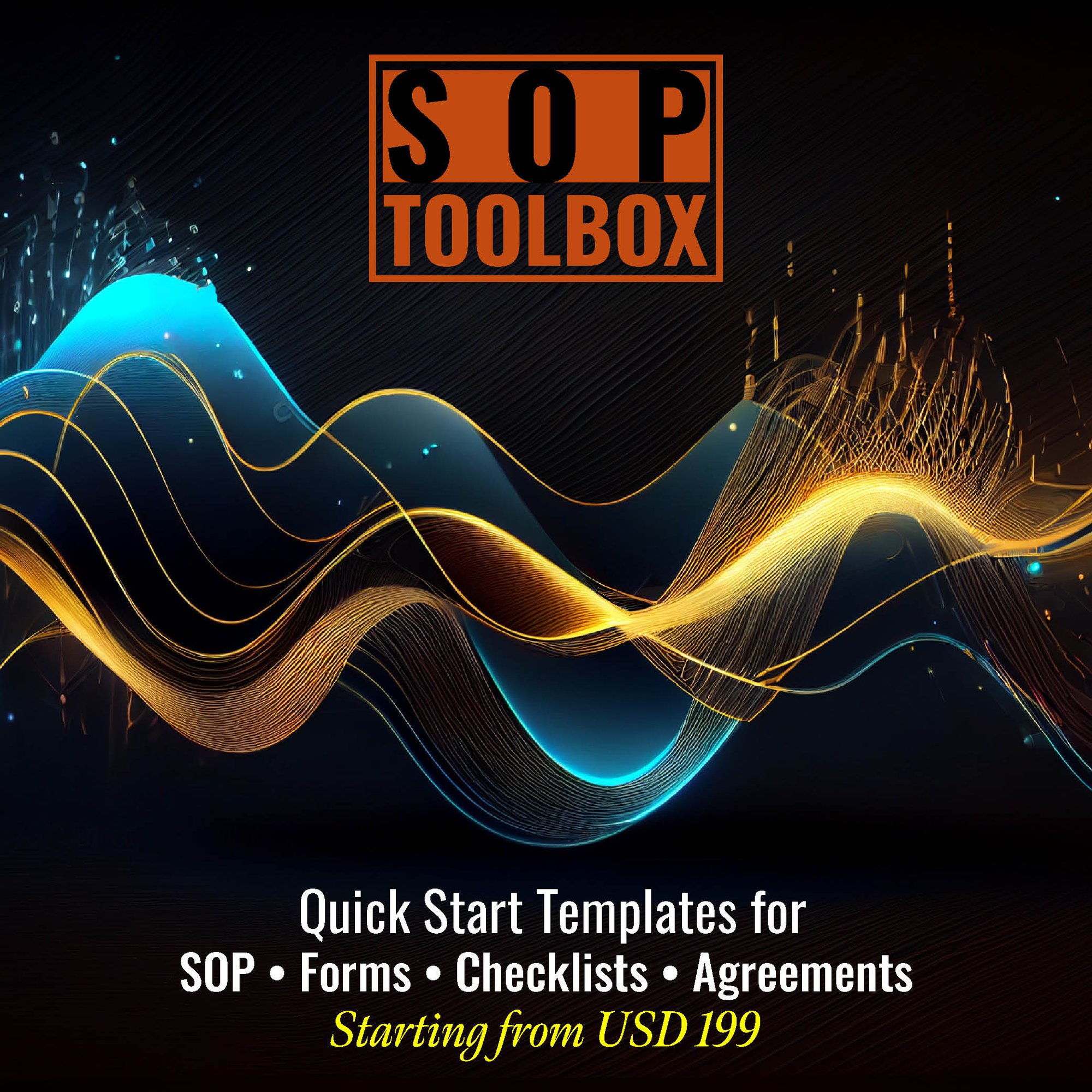Agreements are fundamental in the domains of Agriculture, Forestry, Fishing, and Hunting, playing a pivotal role in shaping and regulating various aspects of these industries. These agreements are essential for establishing clear guidelines, responsibilities, and standards that govern operations, resource management, sustainability practices, market access, and stakeholder relationships.In agriculture, agreements are crucial for securing land leases, water rights, and agricultural inputs such as seeds, fertilizers, and pesticides. Contracts with suppliers ensure a consistent and reliable supply chain, while agreements with buyers establish pricing, delivery terms, and quality standards for agricultural products. Agreements related to crop insurance, risk management, and disaster recovery also play a significant role in mitigating financial risks for farmers.Forestry agreements encompass a range of areas, including timber harvesting rights, forest management practices, conservation agreements, and certification programs. These agreements promote sustainable forestry practices, biodiversity conservation, habitat protection, and responsible timber harvesting, balancing economic interests with environmental stewardship.In the fishing industry, agreements are essential for regulating fishing rights, quotas, and conservation measures to prevent overfishing and protect marine ecosystems. Agreements with fishery management organizations, government agencies, and international bodies help establish rules for sustainable fishing practices, bycatch reduction, and habitat preservation. Similarly, in hunting, agreements govern licensing, hunting seasons, bag limits, and conservation efforts to maintain wildlife populations and biodiversity. These agreements promote ethical hunting practices, habitat conservation, and wildlife management, ensuring a balance between recreational hunting and species conservation.















Leave a Reply